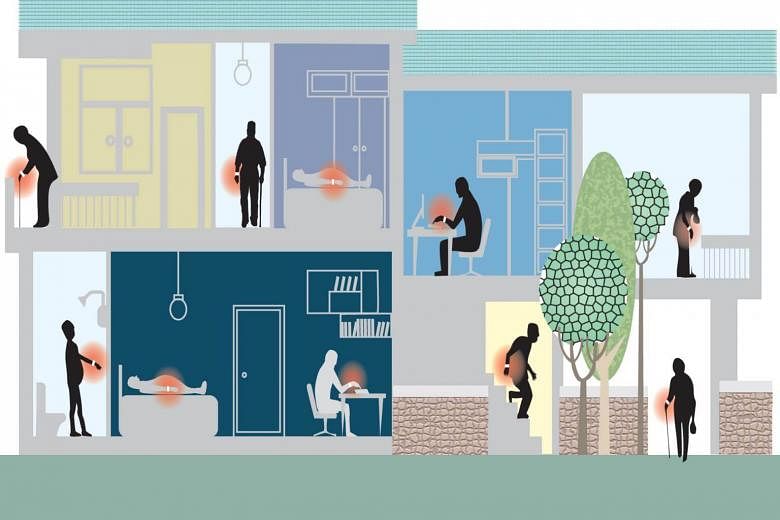Patients at some nursing homes here are being tagged and their movements tracked round the clock, in a controversial practice that has drawn mixed reactions.
At least three nursing homes and a senior care centre in Singapore have been tracking the movement of seniors within their facilities by tagging them with radio-frequency identification (RFID) tags, similar to the technology used to track animals.
Already a subscriber? Log in
Read the full story and more at $9.90/month
Get exclusive reports and insights with more than 500 subscriber-only articles every month
ST One Digital
$9.90/month
No contract
ST app access on 1 mobile device
Unlock these benefits
All subscriber-only content on ST app and straitstimes.com
Easy access any time via ST app on 1 mobile device
E-paper with 2-week archive so you won't miss out on content that matters to you


